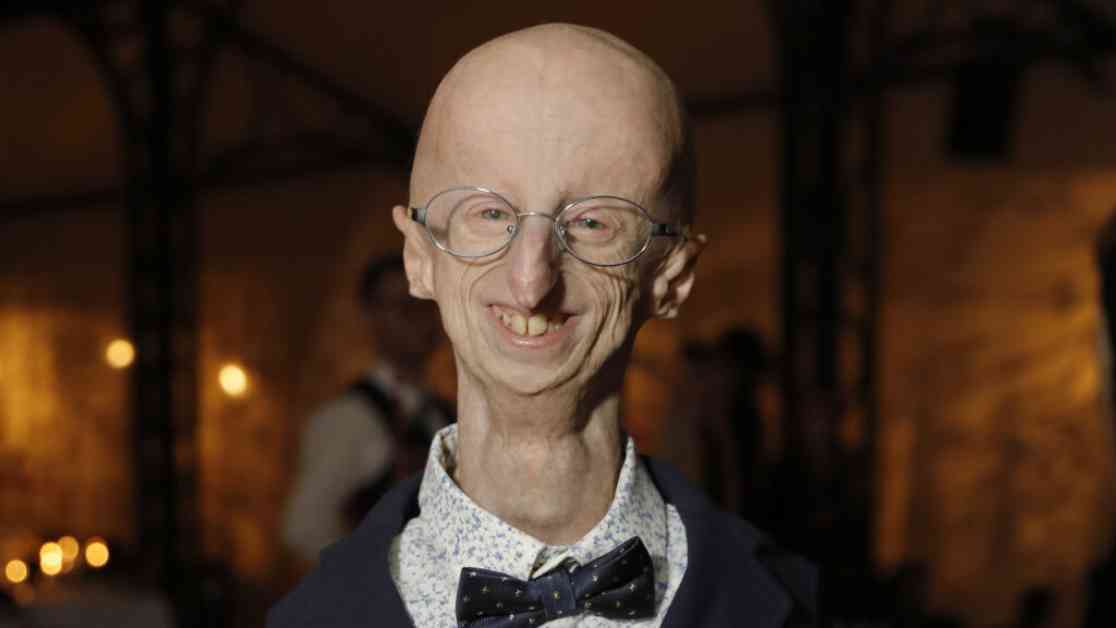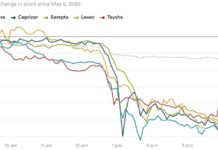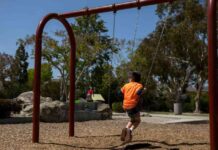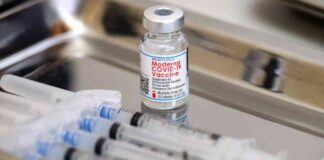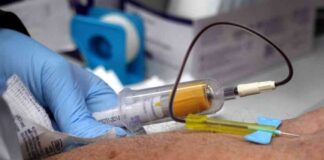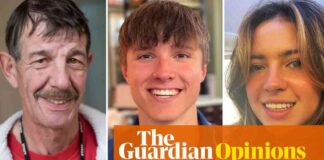Get your daily dose of health and medicine every weekday with STAT’s free newsletter Morning Rounds.
Why do bad menstrual cramps happen to good people? A study answering that question would get the Gaffney Prize (from me). Until that happens, we’ve got the Nobels. STAT’s Drew Joseph has more below on the first announcement of the week, in physiology or medicine.
Medicine Nobel goes to microRNA discovery
A pair of scientists who discovered a type of RNA molecule that helps control the activity of genes — allowing our cells to perform all their myriad of functions in different tissues throughout the body — won the 2024 Nobel Prize in medicine or physiology on Monday.
The award went to Victor Ambros and Gary Ruvkun for their research into microRNA, which the Nobel committee described as a “groundbreaking discovery [that] revealed a completely new principle of gene regulation that turned out to be essential for multicellular organisms, including humans.”
Ambros conducted his prize-winning research at Harvard University and is now at UMass Chan Medical School. Ruvkun did his work at Massachusetts General Hospital and Harvard Medical School, where he remains a professor of genetics.
The pair will split the award of 11 million Swedish kronor, or just over $1 million. They join the ranks of medicine or physiology Nobel laureates that prior to this year had 227 people, including 13 women.
201.5
That’s the average number of prescriptions for the dual medication abortion pill regiment that one online pharmacy fulfilled daily in March 2023, almost one year after Roe vs. Wade was struck down, according to a study published Friday in JAMA Network Open. In March 2022, before the decision was leaked, the same pharmacy filled 88.5 prescriptions per day on average.
Progeria advocate Sammy Basso has died
At 28, Sammy Basso was the oldest known survivor of progeria, an ultra-rare disease. His life was utterly unlike other people’s, but he lived it with the conviction that he could connect with anybody. Basso died on Saturday from suspected cardiovascular complications of progeria.
Basso knew the disease made him look unusual — bald, eyebrowless, prematurely aged, a bit like E.T. — and he loved to joke about it. He did it outside a friend’s house on Halloween, delighting in kids’ reactions as he handed out candy. He did it outside Area 51, the Nevada military base synonymous with UFOs and extraterrestrial life. “He put on some crazy sunglasses that looked like alien eyewear and sat on a park bench, causing numerous tourists to actually believe they’d discovered the real thing,” recalled Francis Collins, former director of the National Institutes of Health.
New data on substance use and young people in hospitals
Evidence is generally mixed on how substance use among youth may have changed during the pandemic. But a study of 10- to 18-year-olds in 47 pediatric emergency departments, published Friday in JAMA Network Open, found that drug- and alcohol-related visits increased during the pandemic, and young people with chronic health conditions were particularly vulnerable. Youths with chronic conditions had nine times more ED visits for substance use than those without during the pandemic. Those with complex chronic conditions had four times as many visits.
Authors from both studies highlighted the need for more standardized, universal screening protocols.
What a revolution in funding mental health care could look like
In five years, the mental health treatment landscape will look radically different. So says Miranda Wolpert, director of mental health at the charitable trust Wellcome. It can be tough to find funding for innovations in mental health care. But innovative financing mechanisms, like philanthropic-public-private partnerships could be the answer, Wolpert argues in a First Opinion essay.
